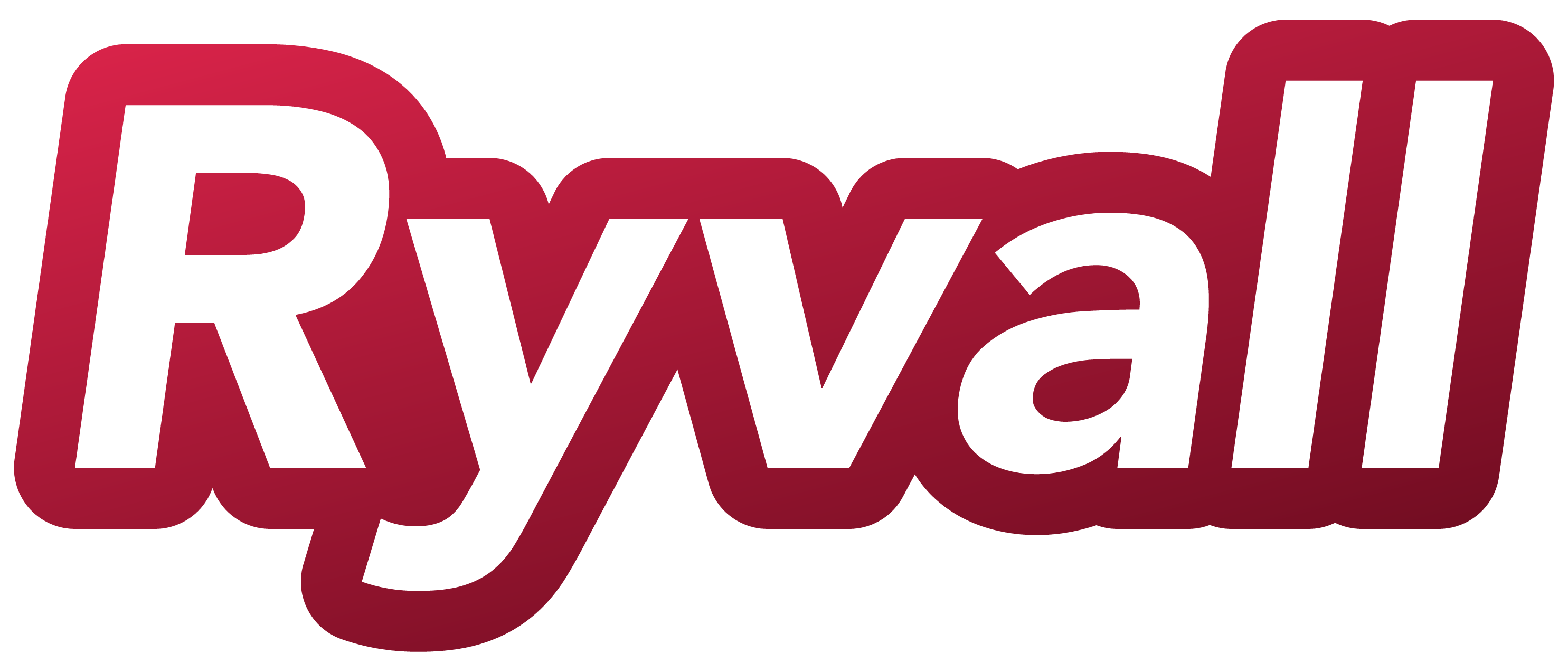So you just launched your website and are wondering, “Why doesn’t my website show up in google search results?”
Or maybe your site has been around for a while but you still aren’t sure people are finding your website.
We will quickly explain how google works, and how you can help get your website to the top of the search results.
How does google search work?
Google and other search engines are constantly scanning websites on the internet in a process called “crawling.” Once google has crawled a website, it can appear in search results.
Where in the search results a website appears is the site’s rank. This is determined by two factors:
- The content: Google looks to see if the words of the search appear on the website, as well as if the other site text includes words it things are related to the topic being searched. For example, if someone has a search related to “Elections” google will prefer a website that also includes words like vote, elect, or campaign.
- Links: Google checks to see how many other websites link to your website. The more other sites linking to your website, the more trustworthy and reliable google thinks your site is.
Working to improve your website’s search results is know as Search Engine Optimization, or SEO. It’s a billion dollar industry. Google makes money selling the top spot in search results as ads, and there’s a whole industry selling SEO strategies to get your site to rank higher without ads.
We’re going to cover the quick simple things you can do yourself.
#1: Make sure your website is in google.
An easy way to see if your website is in google is to search for your domain in google by adding the word “site:”
in front. So you should type in the search bar something like: “Site:yourwebsite.com”
If you find search results, move on to step two.
If nothing comes up, your website isn’t indexed by google. Generally this is because your site is new and or has no links leading to it.
If your site is brand new, you can wait, and google will probably find it in a week or two without you doing much. Don’t want to wait? The easiest option is to jump step three and get some links to your website. That will up the chances of being discovered by google.
If you’re up for a challenge, you can open account with Google search console and submit your site for indexing. This is an advanced step, and 9 times out of 10 not necessary for most websites.
#2: Make sure your content includes the right words.
You need to know the search terms for which you are trying to rank. Fortunately for political candidates, this is usually your name – and maybe your office.
These search terms need to be included on your website early and often.
It used to be all about metadata – secret tags on your site that were easy for a robot to read. Now that doesn’t matter as much, since too many people were just cramming key words into their site to improve their rank.
Google instead reads your web content. Text early in your website and included in headings is deemed more important.
Read through your website. If your name and office isn’t the first line of text, you should make it the first headline. Then make sure you repeat it several times in the rest of your text.
#3: Link from social media
Links are the most important, and probably most difficult part of improving your website’s rank. You need other websites to link to yours.
The easiest links to add are from your social media. Add your website to Facebook, Twitter, YouTube, Instagram, LinkedIn, or any other social media you already have. These are low hanging fruit.
Second, make a post about your website. It doesn’t need to be fancy, just a simple “Check out my new website” will do. Posts on social media don’t mean as much to google as links from other websites, but it doesn’t make it worthless. It takes two minutes, and every bit helps.
#4: Ask people for links
Fancy SEO companies will charge you money to design a link building strategy. Mostly this revolves around finding websites that will link to yours.
In reality, it’s not as hard as you think. You probably have some connections to other people who have websites that would gladly add a link to yours. A state or local party may have a website that can link to your campaign.
The secret is you have to ask.
When you do an interview with a news outlet, blogger, or podcaster, make sure you ask them to link to your website. They may say no, but it’s worth inquiring.
Additionally, most online news outlets and bloggers are constantly looking for content. Ask if they take guest columns or op-eds. Not only is it good exposure anyways, but you should try and sneak a “read more on my website at…” with a link somewhere in your piece. If they take it, you just got yourself another link.
#5: Wait
The truth is that while you can do a lot of things to improve your rank, nothing will solve it overnight.
If you’ve already optimized your content, and linked from your social media to your website, and asked your immediate connections if they know of other websites that can link to yours, there’s not much more you can do without spending money.
This is why it’s a good idea to launch your website early. This will give you lots of time to get yourself positioned well and improve your search rank.
It’s worth remembering that for most local races, no one is googling you outside of November. The majority of your website traffic will come from people clicking links on social media, or typing in your website after you tell them to visit, either in person or in a mailer.
It’s more important to focus your time on these interactions. A great campaign will focus on interacting with voters directly. Your website just provides the lift, so after those interaction people have a way to learn more, sign up to volunteer, or donate money.
A great website is one that is affordable, easy to maintain, and keeps your campaign on track. As experiences operatives in conservative politics, we designed Ryvall to do just that. Learn more about how you can build your own great campaign website with Ryvall.



